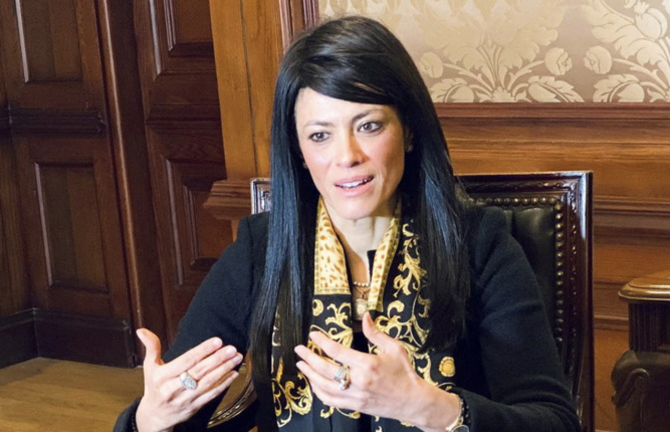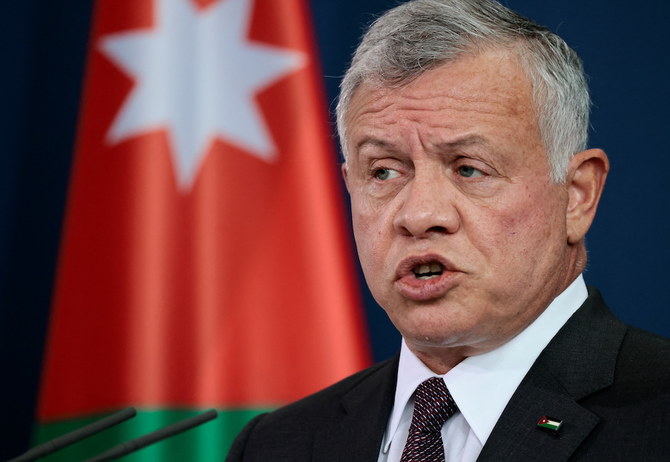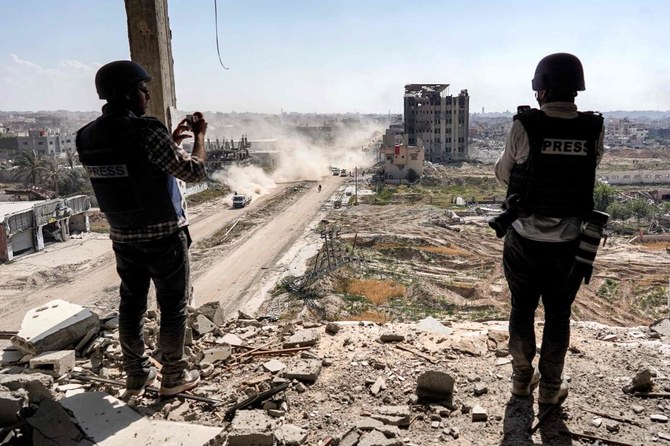Lama AlHamawi
RIYADH: One of the unexpected benefits to emerge from the coronavirus pandemic has been the need for increased cooperation between nations, according to Egypt’s Minister of International Cooperation Rania Al-Mashat.
A boost in support for small businesses and the realization that countries depend on each other and cannot survive alone were further benefits, Al-Mashat told Arab News.
She said that COVID-19 had created a global level of partnership that had boosted the process of health care, further emphasizing the narrative that multilateralism is the future.
“I think there is a silver lining in COVID and what we have seen is government support to private households and private firms first, as different countries were providing liquidity to make sure that businesses don’t completely come to a halt,” Al-Mashat said in an interview on the sidelines of the Future Investment Initiative (FII) in Riyadh last week.
“There was also an extension of credit to lower the amount of jobs that would be lost given the contraction that we saw globally in terms of trade and economic activity, and there is also a realization the governments cannot do everything on their own,” she said.
Reform and recovery were a continuous process and must be carried out on a multilateral spectrum, with contributed ideas and innovation. Whether in health care, infrastructure or technological development, the pandemic had changed the way nations collaborated, the minister said.
In the beginning stages of COVID-19, people expected nations to be divided and isolated. However, that was not the case, Al-Mashat said. “By April or May, that rhetoric changed.”
“It changed into a sense of more collaboration between countries and within countries, nobody had the silver bullet, nobody had the definitive answer, but everyone at their level and at their scale had to contribute to finding a solution,” she said.
The collaborative efforts between nations to create a vaccine, supply the vaccine and maintain mutually agreed-on travel restrictions was a reflection of the multilateralism that would continue in the future, Al-Mashat said.
“One of the concepts that has been circulating during COVID, and now, is stake holder capitalism, meaning that entities, whether the government, private sector or civil society or the international community, everybody has a role to play to ensure that we are able to recover and plow ahead through this pandemic,” she said.






















